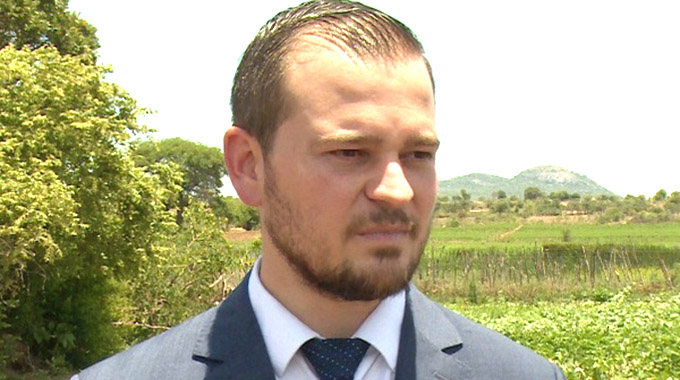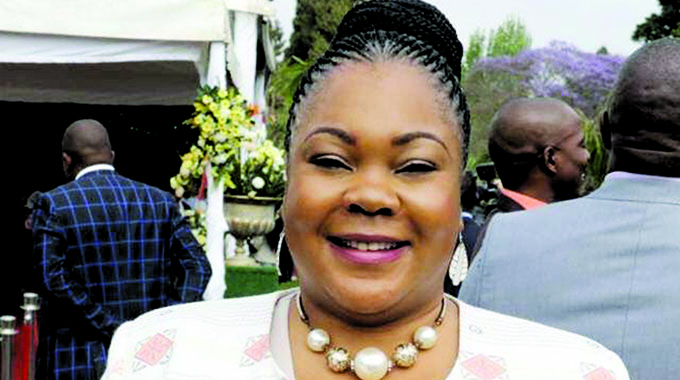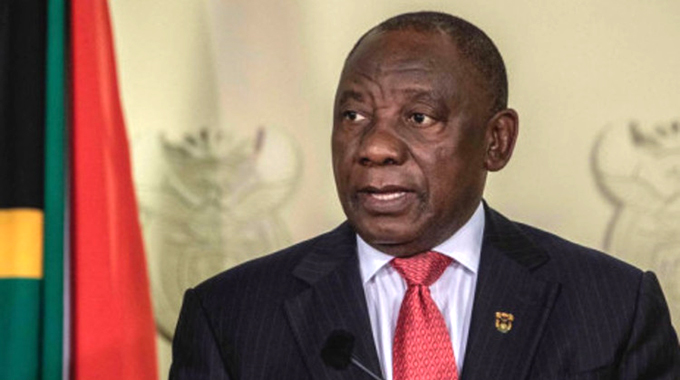Drive to boost horticulture gathers pace

Elita Chikwati and Anesu Tonde
The drive to boost the horticulture industry among small-holder farmers to increase foreign currency earnings has gathered pace, with the Government now teaming with developmental partners such as the Food and Agriculture Organisation (FAO).
The efforts are aimed at encouraging outgrower schemes between commercial and smallholder farmers to increase production.
This came out during the handover of assets donated by FAO to the Horticulture Development Council (HDC) recently.
The assets handover is part of FAO’s activities under AgriInvest, an initiative by the Government and supported by FAO.
AgriInvest is a regional programme meant to support the host Government to develop an enabling business environment for private sector investments in the agriculture sector.
The initiative was officially launched by the Ministry of Lands, Agriculture, Water and Rural Resettlement in November last year. The aim was to promote private sector investment in the agriculture sector through an efficient system supported by an effective policy and regulatory framework, which enables capital growth.
FAO handed over assets that included a car, office furniture and computers, among others, to the HDC.
This is expected to help build strong institutions in the agriculture sector by supporting industry associations within the agricultural sector in Zimbabwe and enhance their capacity to co-ordinate value chain activities and promote investments in the respective value chains.
Officiating at the function last week, Lands, Agriculture, Water and Rural Resettlement Deputy Minister Vangelis Haritatos said Government was committed to collaborating with FAO in developing the agriculture sector to end hunger and poverty, as Zimbabwe moves to attain Vision 2030 of becoming an upper middle-income economy.
“Without solid institutions, it is difficult to imagine growth in any sector, agriculture included,” he said.
“We, therefore, applaud this institutional system development approach taken by FAO, supporting industry association within the sector.
“Strong institutions foster growth and transformation of the agriculture sector. I am sure the support given to the HDC will go a long way in resuscitating the horticulture industry.
“To the HDC, I hope you take this support as an initial step towards autonomy and self-sustenance with commitment to account for the support provided to your institutions by FAO.”
Deputy Minister Haritatos said the Government promotes inclusive growth and urges commercial farmers to seriously consider outgrower models for small-scale farmers.
It is expected that through such technical co-operation, Zimbabwe can achieve a lot in terms of developing robust institutions and systems to leverage on private sector investments.
Deputy Minister Haritatos said the system and institutional development approach should continue and be applied to all key value chain elements like financing and marketing.
FAO pledged to offer technical, financial and equipment backing and to support comprehensive sector value chain studies, starting with seven horticultural commodity clusters; citrus, avocado and macadamia, tomatoes, onions and garlic, coffee and tea, peppers and chillies and peas.
FAO sub-regional co-ordinator for Southern Africa, Dr Alain Onibon said it was critical for farmers to be aggregated to the horticulture activities.
“We have small farmers, young people, women in the common mindset,” Dr Onibon.
“Our mission is to make it happen so that even poor farmers can be included into the horticulture.
“The macro economic objectives are critical if we succeed to increase export, we are bringing in foreign currency, we are creating jobs.”
HDC chairman Mr Gorden Makoni said the horticulture industry was identified as one of the key drivers of the National Agricultural Policy Framework, particularly food and nutrition security resilience and agricultural and market development.
“The sector is expected to contribute significantly towards a prosperous and empowered upper middle income society by 2030,” he said.
“The donation is the beginning of mutually beneficial lasting relationship between FAO and HDC.
“The donation will enable us to drive our agenda of export generation, enhanced GDP contribution, the advocacy of safe working places and decent wages and work environment, a sustainable horticulture industry and our drive towards import substitution to reduce the import bill and support small-scale farmers.”







Comments